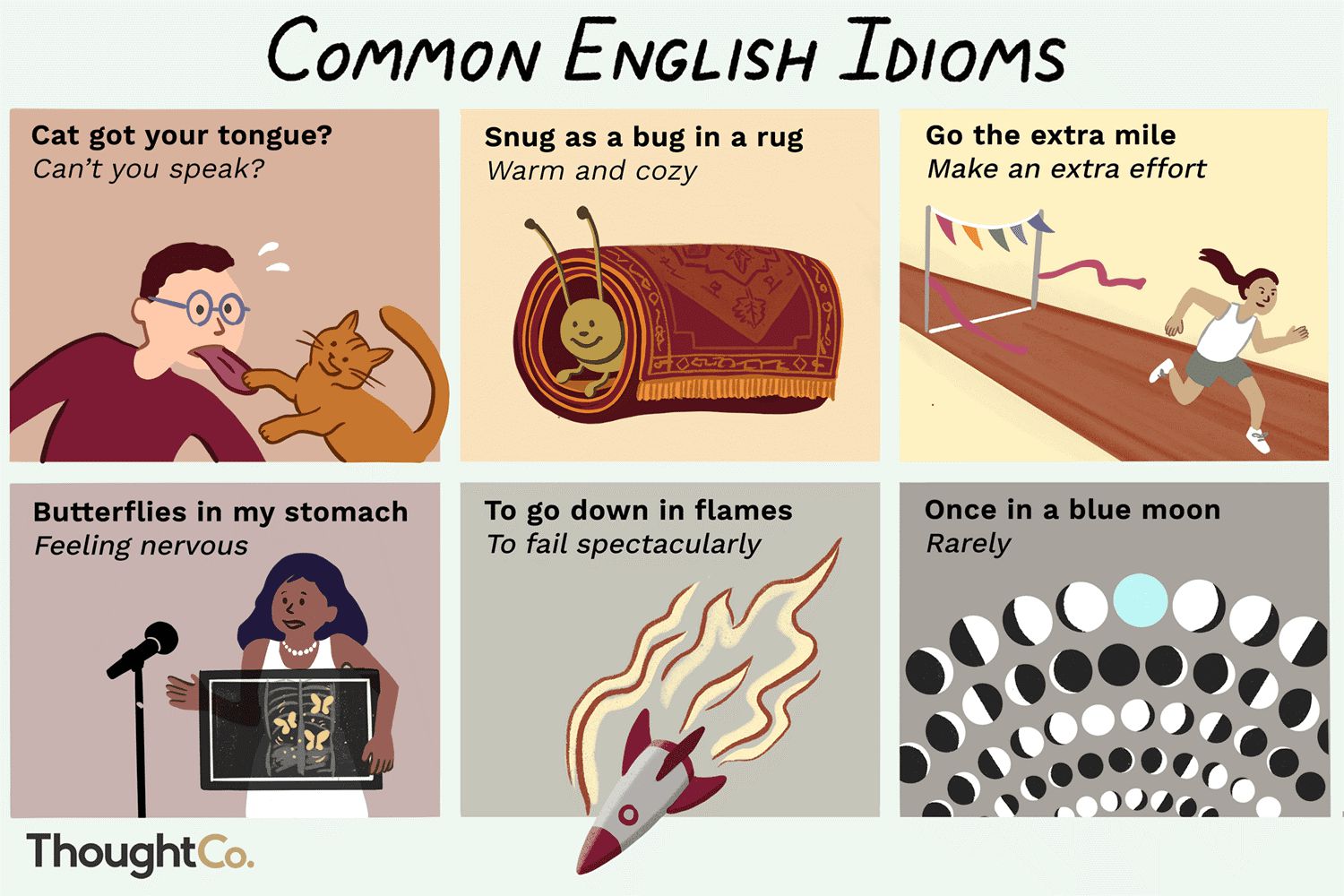Common English Idioms
The idiom ‘count your blessings’ seems to have been foremost in many a person’s minds over the past few weeks. Indeed, during the lockdown, there has been increased media focus on...
Filter by Category
Filter by Author


























































































































































































The idiom ‘count your blessings’ seems to have been foremost in many a person’s minds over the past few weeks. Indeed, during the lockdown, there has been increased media focus on...
Posted by Claire Till

Posted by Di Mcildowie

Wolf Hall’ (2009) by Hilary Mantel Recently recommended as a lockdown read by the Independent, Wolf Hall is historical fiction set in the time of Henry VIII. It follows the king’s...
Posted by Lynn Court

Over the last 2 weeks it has been great to get back to some practical PE at Bushey Meads. Last week all KS3 students in school took part in some socially distanced PE activities...
Posted by Ashley Cartledge

Over the last few years the PE Faculty staff have been following the progress of former student Charlie Goode as he embarks on a career in professional football. After spending 2...
Posted by Ashley Cartledge

As I have mentioned in my previous articles, it is wonderful to see so many students back at Bushey Meads School and learning in class. Due to family commitments in these strange...
Posted by Graeme Searle

Dear students, parents and carers, Here is a fun STEM Challenge for this week. Challenge family members and friends to try and not pop the balloon!! (It’s actually fun if it...
Posted by Suresh Varsani

To everyone in our Bushey Meads family and local community – as a school we work across the curriculum ensuring our teachers are aware of career opportunities/talks and...
Posted by Beverly Biggerstaff

This week we have had the following rewards points issued to students for their hard work: R1 R2 R3 R4 R5 R6 Total Year 07 185 258 80 9 3 0 535 Year 08 263 219 33 2 0 15 532 Year...
Posted by Sara Ash - Deputy Headteacher

The Kindness Thought of the Week was found and put forward by Mrs Hargreaves, Teacher of MFL. The words are so true – small acts of kindness can be so meaningful in ways we...
Posted by Sara Ash - Deputy Headteacher
The idiom ‘count your blessings’ seems to have been foremost in many a person’s minds over the past few weeks. Indeed, during the lockdown, there has been increased media focus on mental wellbeing and I, like many others, have become more aware of what my ‘blessings’ are. Taking time out to reflect on this I mentally made a top 10 list. Perhaps unsurprisingly the items appearing on the list changed every week if not daily. However, number one was always, I’m alive and I’m healthy. Number two: my family and friends are alive and healthy. I have to admit, after the first two items, my lists then varied from deep to very shallow.
During the early days of lockdown, having a garden got in at number three because it was somewhere to sit and get fresh air whereas another week it was having razor to control my husband’s beard. Other blessings that have appeared in all of my lists have included working at Bushey Meads School, the privilege of playing a part in the development of our incredible students, as well as its sense of community. Idioms such as ‘count your blessings’ are in themselves are interesting as individually the words that makeup that phrase mean nothing and yet, together these words can provide great insight into our thought processes.
The creativity of some idioms along with their figurative meaning can make them difficult to understand and challenging to apply appropriately. Personally, I found that while ‘counting of my blessings’ does allow me to recognise the good in my life it is the appreciation of these things that actually makes the difference to how I feel. Having counted working at Bushey Meads School as a ‘blessing’ I felt happy at the announcement schools would reopen fully in September and am sure that many of our students and parents will appreciate this too.


The 9th of February was just an ordinary day, but not for Bushey Meads. We had a visitor: Harry Bibring. One of the few Holocaust survivors left in the WORLD. He delivered us a...